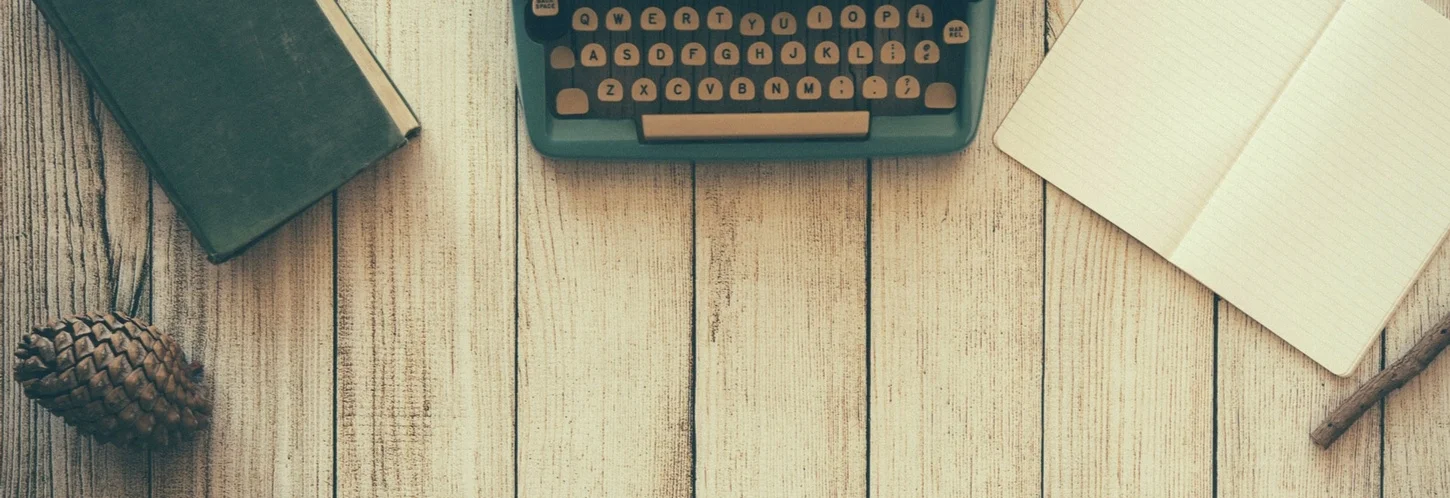 The conversation started with, "Why do you think he had an affair?"
The conversation started with, "Why do you think he had an affair?"
Between a string of "I don't know"s, I spoke of it not being the first time... of the strains of ministry leadership... of a pattern that had been modeled for him... of the hardships in our marriage... of the choices that, one by one, little by little, led down a slippery slope. Her pursed lips and nodding head let me know it wasn't the answer she was looking for, even before she reworded her question.
"How do you think you contributed to his affair?"
I swallowed hard and blinked back tears, to no avail. They were quickly streaming down my face.
She leaned forward with an I-didn't-mean-to-make-you-cry look in her eyes. "Oh, why are you getting upset? I know he made the choice to have an affair. But there had to be a reason he looked outside the marriage. Why her? What was she offering him that you weren't?"
I sat there, incredulous—and, not knowing what to do, I just started rambling through the sobs. I explained why I think he chose her... I hypothesized on the reasons our complicated, cross-cultural marriage was so challenging... I outlined a long list of my own flaws and failures... The conversation eventually ended, though I don't think my responses ever fully satisfied her. Then again, I still don't know exactly what she wanted out of me.
Looking back, that conversation was one of my lowest moments.
Because I was forced to defend what shouldn't need defending. Because I allowed someone to treat me as though the affair was my fault. Oh, she said all the wrong things in all the "right" ways—making sure to avoid words like fault or cause or reason—yet that is still what she was implying. I felt trapped in a corner, trying to defend myself against a pointed finger and assigned blame.
Disappointingly, I believe her take-away from that dialogue was that I was resistant to taking a close look at my own heart and shortcomings—that I don't allow friends to ask hard questions. And while I know that isn't true of that conversation (or others like it), I was (am) frustrated and hurt at feeling so misunderstood and misrepresented.
Because I've owned my part of the challenges of our marriage. Soon after the news of the affair broke, I processed at length with my therapists about my own personal issues, faults, and sins, and how those impacted my relationship(s). I even had difficult, humbling discussions with my still-unrepentant husband in which I apologized for the ways I'd hurt him and our marriage.
I am extremely introspective, self-analyzing, self-critical. If anything's gone wrong or anyone is upset, I automatically believe it must be my fault. So to assume I haven't taken a hard look at myself throughout the journey of the past few years—the most grievous, painful, heartwrenching season of my life—would almost be laughable. If it wasn't so hurtful.
Believe me. I blamed myself plenty, all on my own.
I waded through the blame my ex-husband heaped on me as well. I analyzed to death all the things that I could have done differently, wondering if it would have led to a different outcome. I assure you—regret, shame, and self-blame abounded.
Even in this, as with most everything—joy and grief, faith and uncertainty, pain and healing—I grapple in the ampersand arena. I live in the tension of two opposing truths I am forced to accept together: I am a co-contributor to the demise of my marriage relationship, and my husband's decision to have an affair is not my fault, in whole or in part.
Both true. Both painfully hard for me to swallow. And both have caused me heartache enough for lifetimes.
You, my friend, need not add to it.
{photo credit}
Originally posted on A Deeper Story.
Read the comments there >
 I'm thinking about this day we call Good Friday. And how it felt anything but good at the time.
I'm thinking about this day we call Good Friday. And how it felt anything but good at the time.







 The conversation started with, "Why do you think he had an affair?"
The conversation started with, "Why do you think he had an affair?"